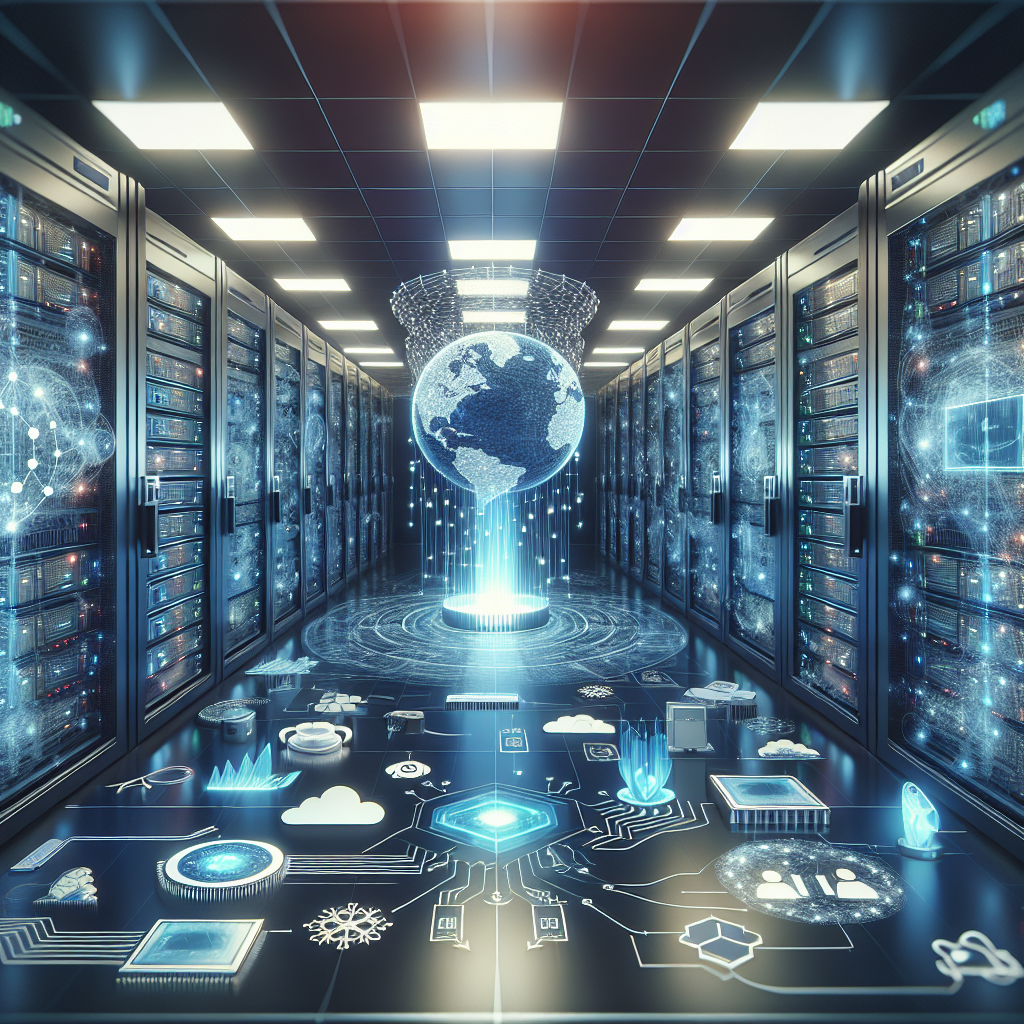The Future of Data Center Resilience: Trends and Innovations
Data centers are the backbone of modern businesses, providing the infrastructure needed to store and process vast amounts of data. With the increasing reliance on digital technologies, ensuring the resilience of data centers has become a top priority for organizations. As we look towards the future, here are some trends and innovations that are shaping the future of data center resilience.
One of the key trends in data center resilience is the shift towards edge computing. Edge computing involves processing data closer to where it is generated, reducing latency and improving performance. This trend is driven by the increasing demand for real-time data processing and the proliferation of Internet of Things (IoT) devices. By decentralizing data processing, organizations can improve the resilience of their data centers by reducing the risk of network congestion and outages.
Another trend shaping the future of data center resilience is the adoption of cloud services. Cloud computing offers organizations the flexibility to scale their infrastructure based on demand, reducing the risk of downtime due to overcapacity or hardware failures. Cloud providers also invest heavily in security and redundancy measures, further enhancing the resilience of data centers.
Innovations in data center design are also playing a crucial role in improving resilience. Modular data centers, for example, allow organizations to quickly deploy additional capacity in response to changing business needs. These modular units are designed to be easily scalable and can be deployed in remote locations to improve redundancy.
Artificial intelligence (AI) and machine learning are also being used to enhance the resilience of data centers. These technologies can predict and prevent potential issues before they occur, reducing the risk of downtime and improving overall performance. AI-powered monitoring tools can analyze vast amounts of data in real-time, providing insights that help organizations proactively address potential issues.
Data center resilience is not just about technology; it also requires a holistic approach that includes robust disaster recovery and business continuity plans. Organizations must regularly test and update these plans to ensure they can quickly recover from disruptions and minimize downtime.
As we look towards the future, data center resilience will continue to be a critical focus for organizations. By embracing trends such as edge computing, cloud services, and innovative technologies, organizations can improve the resilience of their data centers and ensure they can continue to operate smoothly in the face of increasing challenges.


